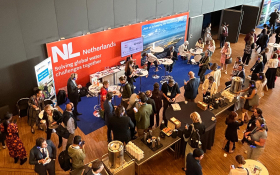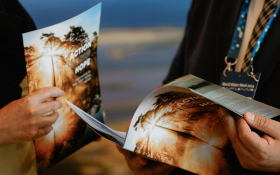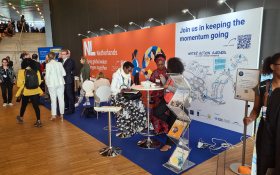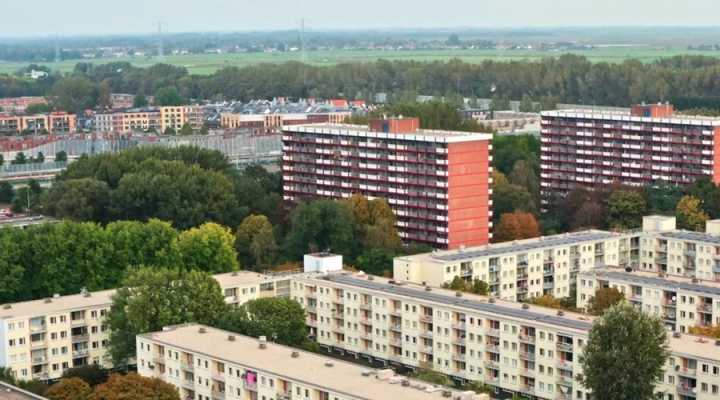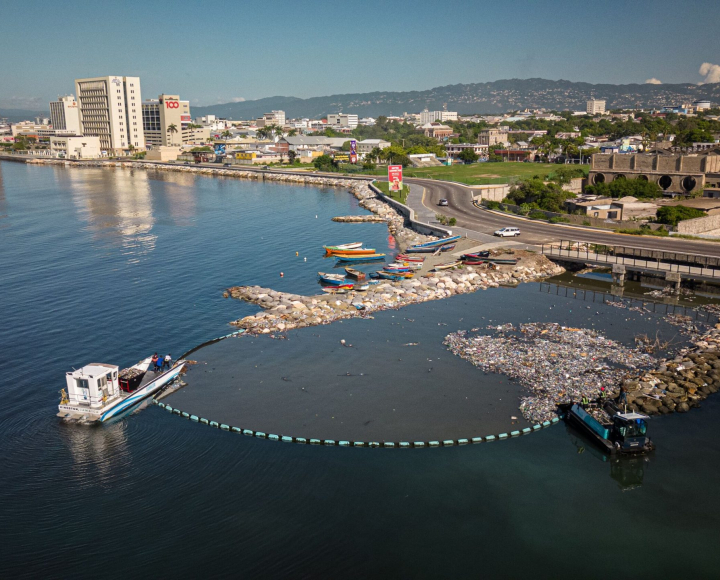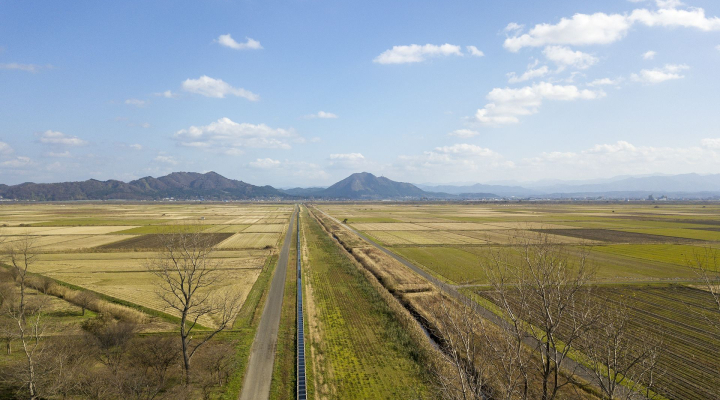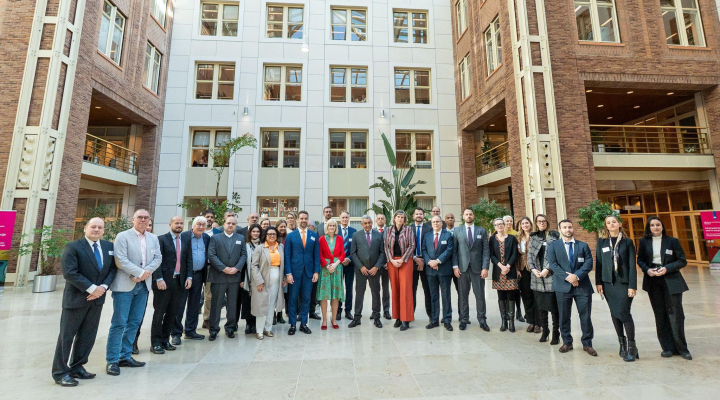Stockholm World Water Week: Strong voice needed for marginalized groups
Civil society organisations can give a voice to marginalized groups that lack access to clean water and sanitation. They can hold governments accountable to deliver what has been promised. This was the key issue at one of the sessions during the Stockholm World Water Week on 26 August.
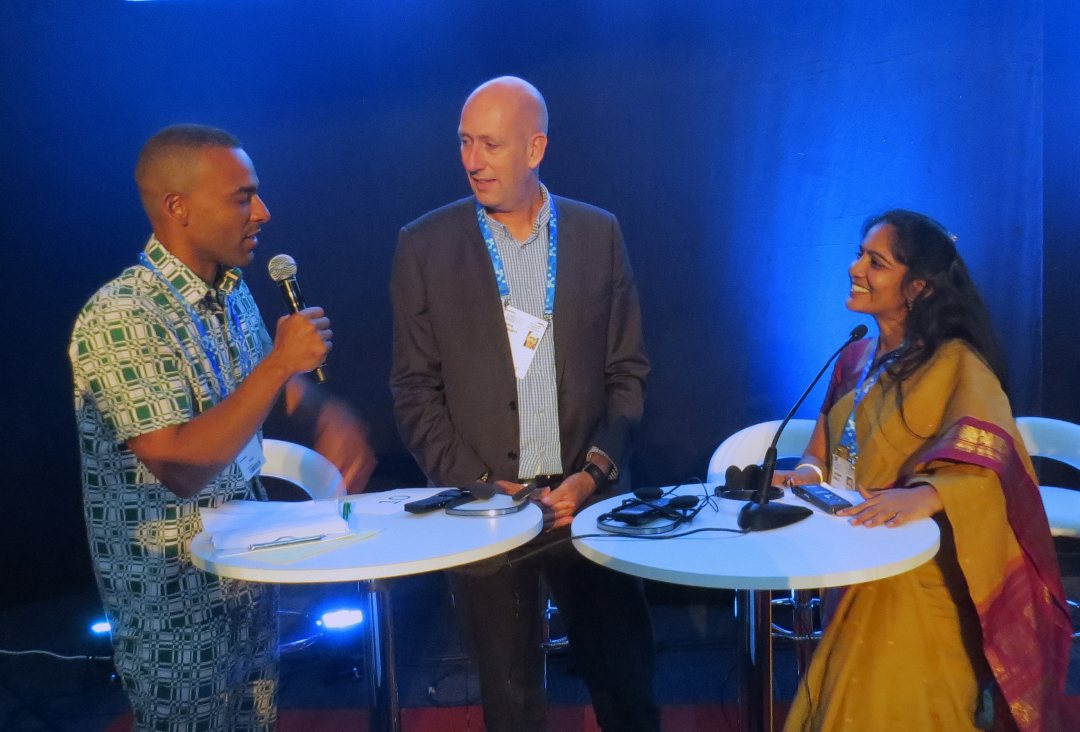

Hold government accountable
"If we take universal access to water and sanitation serious, a strong independent voice is needed to hold governments accountable for the group that fall out", said Director Patrick Moriarty of IRC Wash at the opening of the session. He urged civil society organisations (CSO) to pick up on this and raise their voices for these groups when sitting at the table with national and local governments and politicians on WASH-issues.
Critical questions
According to Moriarty CSOs play a critical role. "They can pose questions like: You have promised WASH but we do not see it being delivered. How come?" "We know WASH is inherently a multi-stakeholder sector and when CSO voices are strong and present, governments perform better", said Snehalatha Malaka of Freshwater Action Network South Asia.
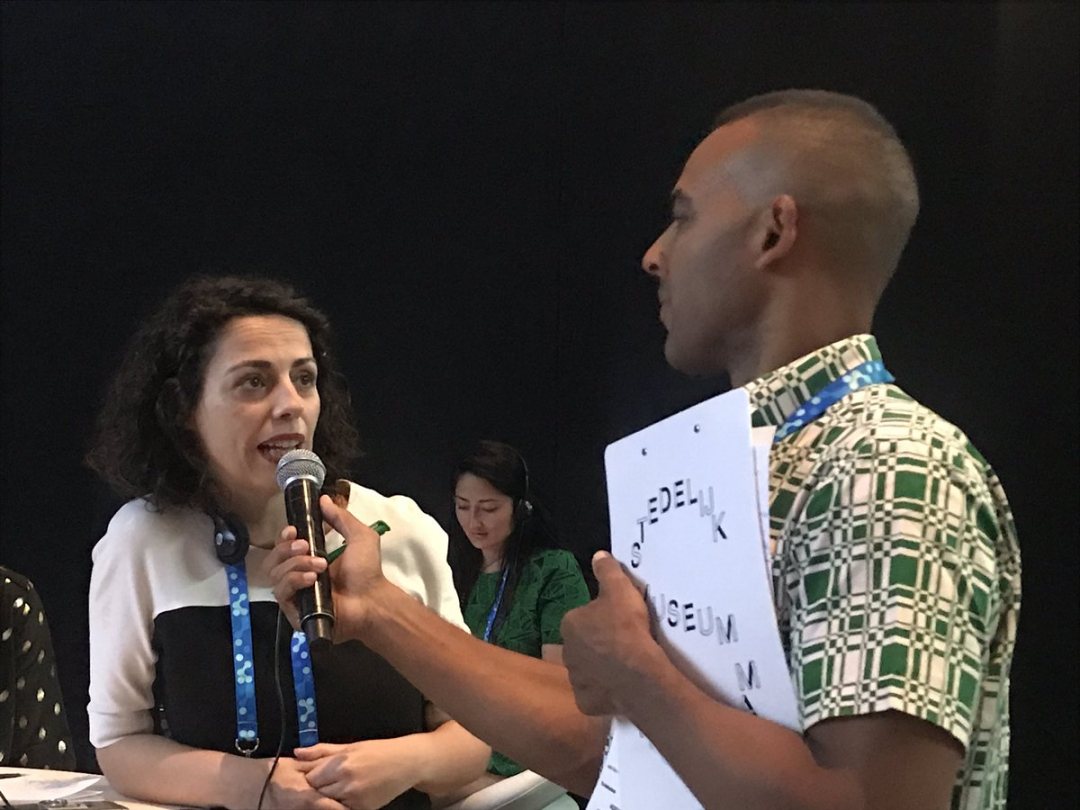

Full coverage within reach
An example of a case was presented by Director Muralli Ramisetty of Modern Architects for Rural India (MARI) who told about his organisation doing a house-to-house survey that revealed a group of mainly elderly people that lacked access to a toilet. "We managed to raise additional money and pre-financed the building of 20.000 toilets", said Ramisetty. "This way we reached the remaining 5 percent of the communities that lacked access to WASH".
It was suggested to go to schools or hospitals to find out about remaining groups without access to WASH. Through their services these kind of institutes can provide good leads.
Dare to walk away
Senior policy advisor Brechtje Paardekoper of the Government of the Netherlands, made a strong case for dissent in civic space. "Around the world, it's alarming that the voices of CSOs are being regulated and silenced - the civic space is shrinking. Many WASH CSOs have a tendency to want to sit at the table. In order to gain more space, they need to be also ready to leave the table."




